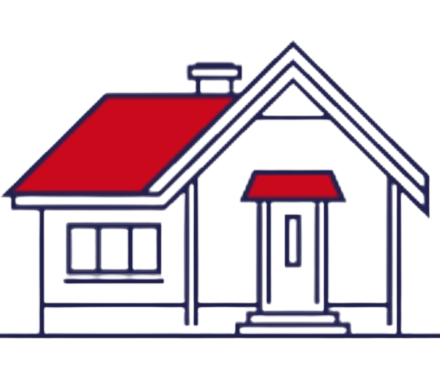A plumber’s helper is an essential member of a plumbing team. They work alongside plumbers to provide assistance and support in the installation, maintenance, and repair of plumbing systems in residential and commercial buildings. The plumber’s helper job description involves a wide range of duties, and it requires physical and technical skills. In this article, we will discuss the roles, responsibilities, and requirements of a plumber’s helper.
Roles of a Plumber’s Helper
The primary role of a plumber’s helper is to assist the plumber in performing their duties. This includes carrying tools and equipment, preparing work areas, and cleaning up after the job is complete. Plumbers may also rely on their helpers to assist with measurements, cutting and fitting pipes, and making minor repairs.
Responsibilities of a Plumber’s Helper
- Assisting with Plumbing Installations: The plumber’s helper is responsible for assisting with the installation of new plumbing systems. This may involve carrying heavy pipes, fixtures, and other equipment to the job site, as well as helping to install and connect the plumbing components.
- Maintaining Plumbing Systems: The plumber’s helper may also be responsible for maintaining existing plumbing systems. This may include cleaning drains, repairing leaks, and replacing worn-out parts.
- Troubleshooting Plumbing Problems: If a plumbing problem arises, the plumber’s helper may be called upon to help troubleshoot the issue. This may involve using tools and equipment to diagnose the problem and assisting the plumber with repairs.
- Ensuring Safety: The plumber’s helper must ensure that all work is performed safely and in compliance with local building codes and regulations. They may be responsible for setting up safety equipment, such as barriers or cones, to prevent accidents.
Requirements of a Plumber’s Helper
- Physical Fitness: The plumber’s helper job can be physically demanding, and it requires individuals who are in good physical condition. Helpers must be able to lift heavy objects, work in confined spaces, and stand for long periods.
- Technical Skills: The plumber’s helper must have a basic understanding of plumbing systems and the tools and equipment used in the trade. They should be able to read blueprints, make accurate measurements, and use hand and power tools.
- Communication Skills: Effective communication is crucial in the plumbing trade. The plumber’s helper must be able to communicate effectively with the plumber and other team members to ensure that work is completed correctly and on time.
- Education and Certification: While formal education is not always required, many employers prefer to hire candidates who have completed a plumbing apprenticeship or vocational training program. Certification is also available through organizations such as the National Inspection Testing and Certification Corporation (NITC).
Conclusion
The plumber’s helper job description involves a range of duties and requires physical and technical skills. As an essential member of a plumbing team, the helper must be able to assist with installations, maintain plumbing systems, troubleshoot problems, and ensure safety on the job site. Employers look for candidates with physical fitness, technical skills, communication skills, and education or certification in the plumbing trade. If you are interested in a career as a plumber’s helper, consider obtaining formal training and certification to enhance your job prospects.

